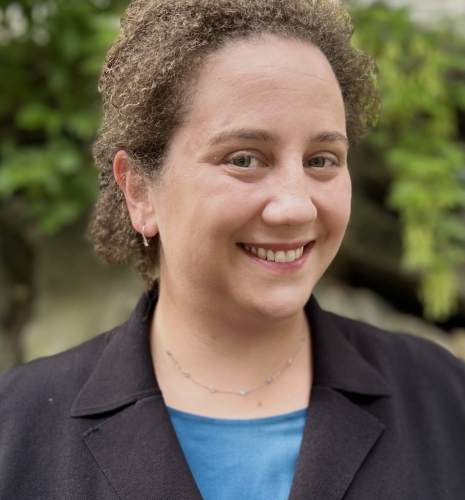See below for frequently asked questions about the Berger Fellows Program.
Admission to the program is by application. A complete application will include:
- An online application with one essay question.
- A resume.
- One letter of recommendation (preferably from an individual who knows you well in an academic or professional context, and can speak to your commitment or contributions to social justice).
Please note students may be permitted to reuse application materials submitted in consideration for a Greene Public Service Scholarship and Public Interest Fellowship. Otherwise, the Berger Fellows Program selection committee will not additionally review your application to Columbia Law School.
To be eligible, you must be an incoming and deposited first-year J.D. student and intend to pursue a public interest, human rights, or government career immediately upon graduation (or following a judicial clerkship).
Berger Fellows embody a wide range of backgrounds, experiences, and skill sets.
Candidates are evaluated on a wide range of criteria, including:
- Demonstrated or stated commitment to working in the public interest, human rights, or government sector (collectively “public sector”) immediately upon graduation (or following a judicial clerkship).
- Prior experience with or interest in nonprofit, community organizing, or public sector careers.
- Skills and characteristics required to make a meaningful contribution in the public sector (e.g., collaborative, empathetic, committed to advancing justice and serving others).
- Eagerness to participate in and contribute to a thriving and collaborative community, both virtually and in-person.
We strongly encourage students of all backgrounds, life experiences, abilities, and perspectives, including those that are typically underrepresented in law schools, to apply for the Berger Fellows Program.
Applications are reviewed by the Berger Fellows Program Selection Committee, which includes:
- Alumni on the Berger Fellows Program Practitioner Advisory Board.
- Faculty in the Berger Fellows Program Faculty Advisory Group.
- Administrators from the Office of Public Interest/Public Service Law and Careers.
Our application process is competitive and the number of Berger Fellows that we accept each year varies. The current Berger Fellow cohorts range in size from 20 to 30 fellows.
The Berger Fellows Program is a relatively limited time commitment, but active and engaged participation is expected to create a meaningful experience. Fellows commit to:
- Devoting a few hours each month to attending programming, participating in group discussions, and meeting with mentors and career advisers.
- Sharing responsibility for creating a supportive, collaborative community.
- Contributing their leadership and creativity to the program. We’re looking for fellows who are eager to explore the roles they can play in the Berger Fellows community—whether serving as mentors, facilitating group discussions, or sharing ideas for future events.
Yes. Students are encouraged to explore additional opportunities at Columbia Law School, such the Human Rights Institute 1L Advocates Program, Davis Polk Leadership Fellowship Program, student journals, student organizations, moot courts, pro bono opportunities, affinity groups, and dual and joint degree programs.
Yes! We have a limited on-ramp for students interested in joining the program in their second year at the law school. The on-ramp is open to rising 2L J.D. students at Columbia Law School, including, but not limited to, students who previously applied as 1Ls and incoming 2L J.D. transfer students. 2L applications open mid-summer with admission decisions communicated to students by the end of August.
For additional information, contact Jean Fischman, associate director of the Max Berger '71 Public Interest/Public Service Fellows Program, at [email protected].

